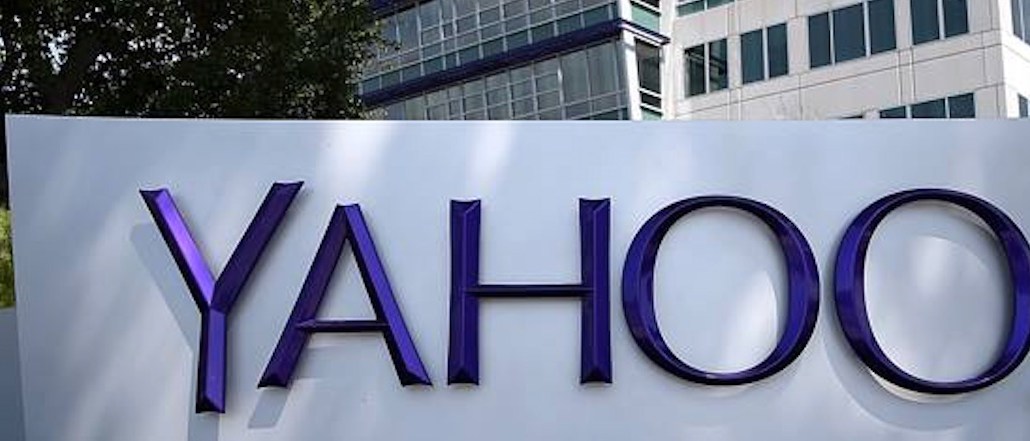Secure your place at the Digiday Publishing Summit in Vail, March 23-25

Yahoo’s ad revenues are forecasted to drop 14 percent this year while its competitors, including Google and Facebook, are expected to grow.
According to a new eMarketer report on ad spending, Yahoo’s global ad revenues will dip to $2.8 billion this year, down from $3.3 billion last year. Its overall share of the ad market will shrink from 2.1 percent to 1.5 percent.
That’s more bad news for the Marissa Mayer-led company. In an attempt to cut $400 million, Yahoo announced last month that it’s in the process of shuttering offices, slashing 15 percent of its workforce and is backing away from its once-ambitious content efforts by closing down a number of its verticals, like Travel and Autos. All of this is happening while rumors swirl that Yahoo is considering selling itself.
Moving forward, Yahoo is focusing on its growing mobile, video, native and social advertising unit called “MAVENs.” Mobile has been a spot of growth for Yahoo, with eMarketer expecting it to bring in $1.31 billion in revenue, a spike of 24.5 percent over last year.
“A leaner Yahoo, more focused on its core growing segments, will still face stiff competition in an ever more crowded and sophisticated market,” said eMarketer analyst Martín Utreras.
In contrast, the firm expects Google’s digital ad revenue to increase 9 percent to $10.23 billion and Facebook will increase 31 percent to $22.37 billion.
More in Media

Urban Outfitters shifts its influencer strategy from reach to participation
Me@UO is Urban Outfitters’ new creator program leverage micro-creators with smaller, engaged communities that are passionate about the brand.

Media Briefing: Without transparency, publishers can’t tell if Google’s Preferred Sources feature benefits them
Six months in, Google’s Preferred Sources promises loyalty-driven visibility, but leaves publishers guessing at the traffic impact.

In Graphic Detail: Publishers chase video podcast growth, but audio still leads
Podcasting may be racing into video, but more listeners still prefer audio — leaving publishers caught between hype and habit.





